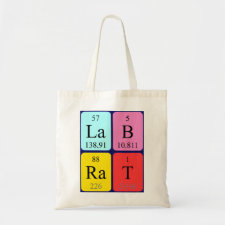
Authors: Zhong DD, Liu X, Pang QQ, Huang YP, Liu ZS
Article Title: Rapid preparation of molecularly imprinted polymer by frontal polymerization.
Publication date: 2013
Journal: Analytical and Bioanalytical Chemistry
Volume: 405
Issue: (10)
Page numbers: 3205-3214.
DOI: 10.1007/s00216-013-6722-7
Abstract: Frontal polymerization was successfully applied, for the first time, to obtain molecularly imprinted polymers (MIPs). The method provides a solvent-free polymerization mode, and the reaction can be completed in 30 min. By this approach, MIPs were synthesized using a mixture of levofloxacin (template), methacrylic acid, and divinylbenzene. The effect of template concentration and the amount of comonomer on the imprinting effect of the resulting MIPs was investigated. The textural and morphological parameters of the MIP particles were also characterized by mercury intrusion porosimetry, nitrogen adsorption isotherms, and scanning electron microscopy, providing evidence concerning median pore diameter, pore volumes, and pore size distributions. The levofloxacin-imprinted polymer formed in frontal polymerization mode showed high selectivity, with an imprinting factor of 5.78. The results suggest that frontal polymerization provides an alternative means to prepare MIPs that are difficult to synthesize and may open up new perspectives in the field of MIPs
Template and target information: levofloxacin
Author keywords: Frontal polymerization, molecularly imprinted polymer, molecular recognition, affinity, Levofloxacin



Join the Society for Molecular Imprinting

New items RSS feed
Sign-up for e-mail updates:
Choose between receiving an occasional newsletter or more frequent e-mail alerts.
Click here to go to the sign-up page.
Is your name elemental or peptidic? Enter your name and find out by clicking either of the buttons below!
Other products you may like:
 MIPdatabase
MIPdatabase









